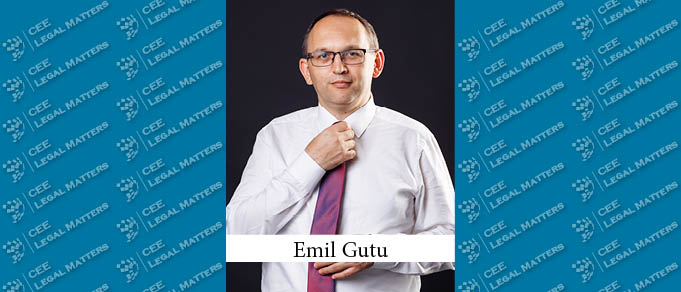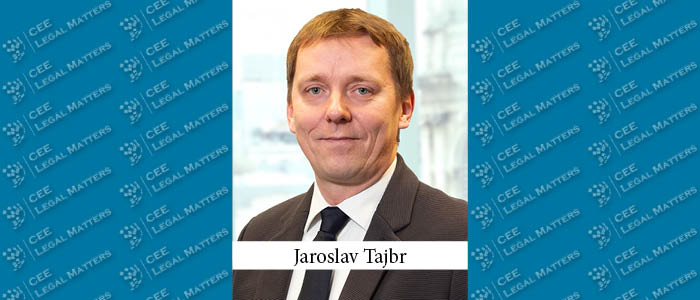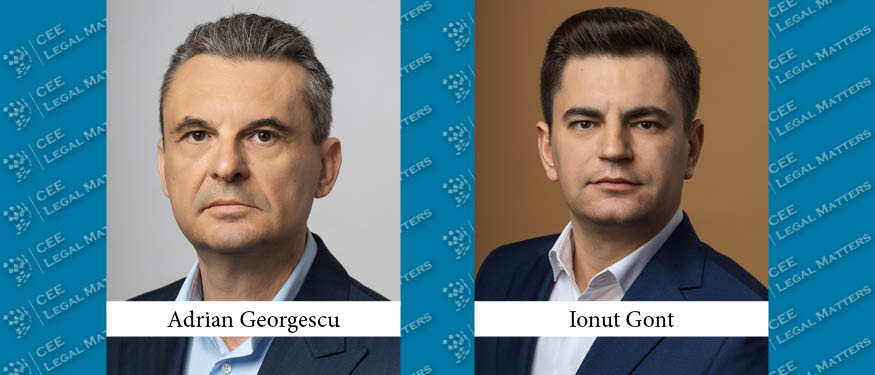By the middle of 2023, Moldova will likely have a modified Competition Law. The existing Competition Law dates back to 2012, and its material and procedural norms are almost intact in their original form. Since then, however, the Moldovan economy and society underwent profound changes.
After Directive 2019/1 of the European Parliament and of the Council of 11 December 2018 to empower the competition authorities of the member states to be more effective enforcers and to ensure the proper functioning of the internal market was enacted in 2019, the Moldovan Competition Council started a drafting process to modernize the national competition legislation, but the process picked up speed only after Moldova became an EU candidate state in June 2022.
Firstly, Directive 2019/1 is intended to be fully transposed. Most of its provisions are already part of the current Moldovan Competition Law, as it originally transposed the fundamental EU competition norms, including Articles 101-106 of the TFEU, Council Regulation (EC) No 1/2003 of 16 December 2002 on the implementation of the rules on competition laid down in Articles 81 and 82 of the Treaty, and Council Regulation (EC) No 139/2004 of 20 January 2004 on the control of concentrations between undertakings. Existing discrepancies that are going to be addressed referred, among others, to the maximum levels of fines, worldwide turnover as a basis for calculating fines, and entities that can be held responsible for competition infringements.
Secondly, the draft law intends to respond to evolutions in the Moldovan economy and society and resolve the procedural challenges in the implementation of the existing Competition Law. Notification thresholds for economic concentrations and the notification tax will be doubled, in line with the overall GDP dynamics and accumulated inflation. Procedural rules for the investigations will evolve, making them more resemblant to the ones used by the EU Commission in its competition investigations.
A notable absence in the draft law is direct clauses ensuring that the competition authority has indeed a sufficient number of qualified and motivated staff and necessary financial, technical, and technological resources for the effective performance of their duties. Although the need for sufficient resources is recognized in the document, the draft does not go as far as to change the existing budgeting procedures and principles.
Fair competition rules for all are the cornerstone of the common European market. It is quite obvious to anyone in Moldova that becoming an EU member and getting full access to its common market is impossible without a due synchronization of the competition rules. So, the debate sparked by the draft law is not about the direction of change. Rather, it is about the need to synchronize the moment when EU rules enter into force in Moldova with the accession to the common market, and about the possibility to raise the levels of fines only after the competition authority is given sufficient human and material resources to effectively investigate anti-competitive actions and avoid costly mistakes.
The critics of the immediate ad litteram application of the directive note that EU competition rules are crafted for the world’s biggest and most affluent common market with strong and reliable institutions. As such, they cannot be mechanistically transplanted without severe drawbacks into an incomparably smaller and less attractive economy, dependent on foreign investments and still outside of the common market, with underdeveloped institutions.
For example, setting fines based on the worldwide turnover of the undertaking or its mother company will likely make foreign investors reconsider the risk profile of their investments in Moldova. However certain of their internal compliance systems international corporations are, they may not disregard the risk that an underfinanced and understaffed national competition authority will apply the potentially lethal fines incorrectly, inconsistently, or arbitrarily. Critics of the draft law fear that, if enacted, under existing conditions of uncertainty and inconsistency in the application of competition legislation, it will become a major deterrent in investors’ decisions to invest in Moldova.
The need for fines to be effective, proportionate, and dissuasive cannot be overestimated. However, eliminating the risk of their arbitrary or inconsistent use by an understaffed and underfinanced national competition authority is of paramount importance and should be of primary concern. No matter how big the fines for anti-competitive infringements will be, they will be neither effective nor dissuasive if no institutional capacity to consistently target them in the right direction is in place.
By Emil Gutu, Competition Manager, ACI Partners
This article was originally published in Issue 10.6 of the CEE Legal Matters Magazine. If you would like to receive a hard copy of the magazine, you can subscribe here.
















